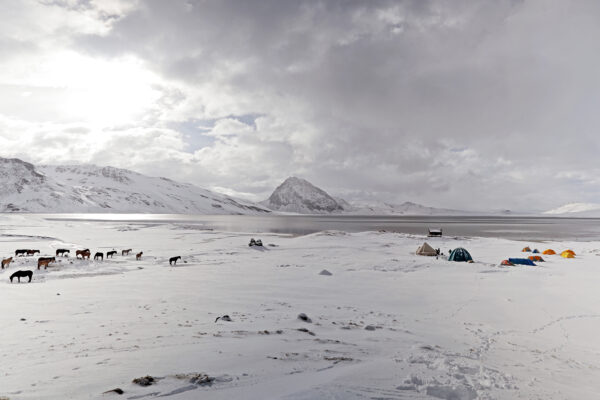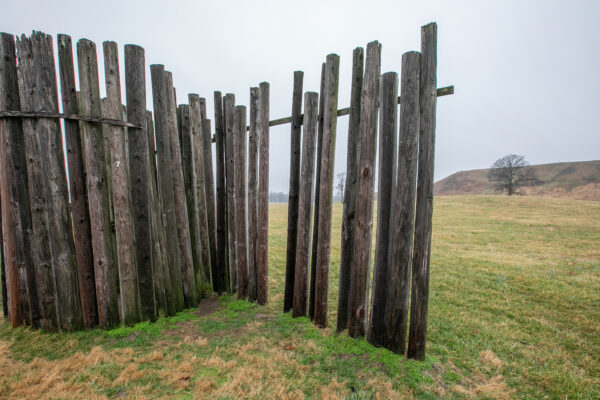Yamamba
In Search of the Japanese Mountain Witch
Alluring, nurturing, dangerous, and vulnerable the yamamba, or Japanese mountain witch, has intrigued audiences for centuries. What is it about the fusion of mountains with the solitary old woman that produces such an enigmatic figure? And why does she still call to us in this modern, scientific era? Co-editors Rebecca Copeland and Linda C. Ehrlich […]
The Kimono Tattoo
“I jostled her shoulder and noticed when I did that her skin was cold to the touch….her entire torso was covered in tattoos from her collar bone to the midline of her thighs. All were of kimono motifs—fans, incense burners, peonies, and scrolls.” This ghastly scene was the last thing Ruth Bennett expected to encounter […]
Electrifying Mexico
Technology and the Transformation of a Modern City
Many visitors to Mexico City’s 1886 Electricity Exposition were amazed by their experience of the event, which included magnetic devices, electronic printers, and a banquet of light. It was both technological spectacle and political messaging, for speeches at the event lauded President Porfirio Díaz and bound such progress to his vision of a modern order. […]
How marriage is impacted by a breast cancer diagnosis among African American women
Most African American women described successfully navigating the challenges of a breast cancer diagnosis with their partners, finds a new analysis from the Brown School at Washington University in St. Louis.
Now playing: Propaganda at the movies
As China prepares for the 100th anniversary of the founding of the Communist Party, thousands of theaters have been instructed to screen at least two propaganda films each week. But
political jargon and ideological mandates may not sit well with 21st-century moviegoers, argues Zhao Ma, associate professor of modern Chinese history and culture in Arts & Sciences.
Child Development Accounts generate assets, parental investments
New research from the Center for Social Development at the Brown School shows that parents of newborns with Child Development Accounts respond by deepening their commitment to the child’s higher education and their own efforts to save for that education.
Highlands hunt for climate answers
Two Washington University scientists are reconstructing past climate and cultural shifts in the Peruvian Andes. Today, such high-altitude parts of the tropics are warming faster than the rest of the globe. What Bronwen Konecky and Sarah Baitzel discover could help predict how this delicate ecosystem might be affected in the future.
New course explores the unseen side of health
In her course “Sick Society,” Hedwig Lee, professor of sociology, shows that lifestyle and genes aren’t the only things impacting health.
Executive orders come ‘at great cost’
Like other modern presidents, executive orders may be the only path forward for Biden to deliver on his policy agenda, however these powers come at a great cost, according to Andrew Reeves, associate professor of political science iat Washington University in St. Louis.
Digging deep to discover why Cahokia collapsed
Arts & Sciences archaeologists excavated around earthen mounds and analyzed sediment cores to test a persistent theory about the collapse of Cahokia, the pre-Columbian Native American city once home to more than 15,000 people.
Older Stories









